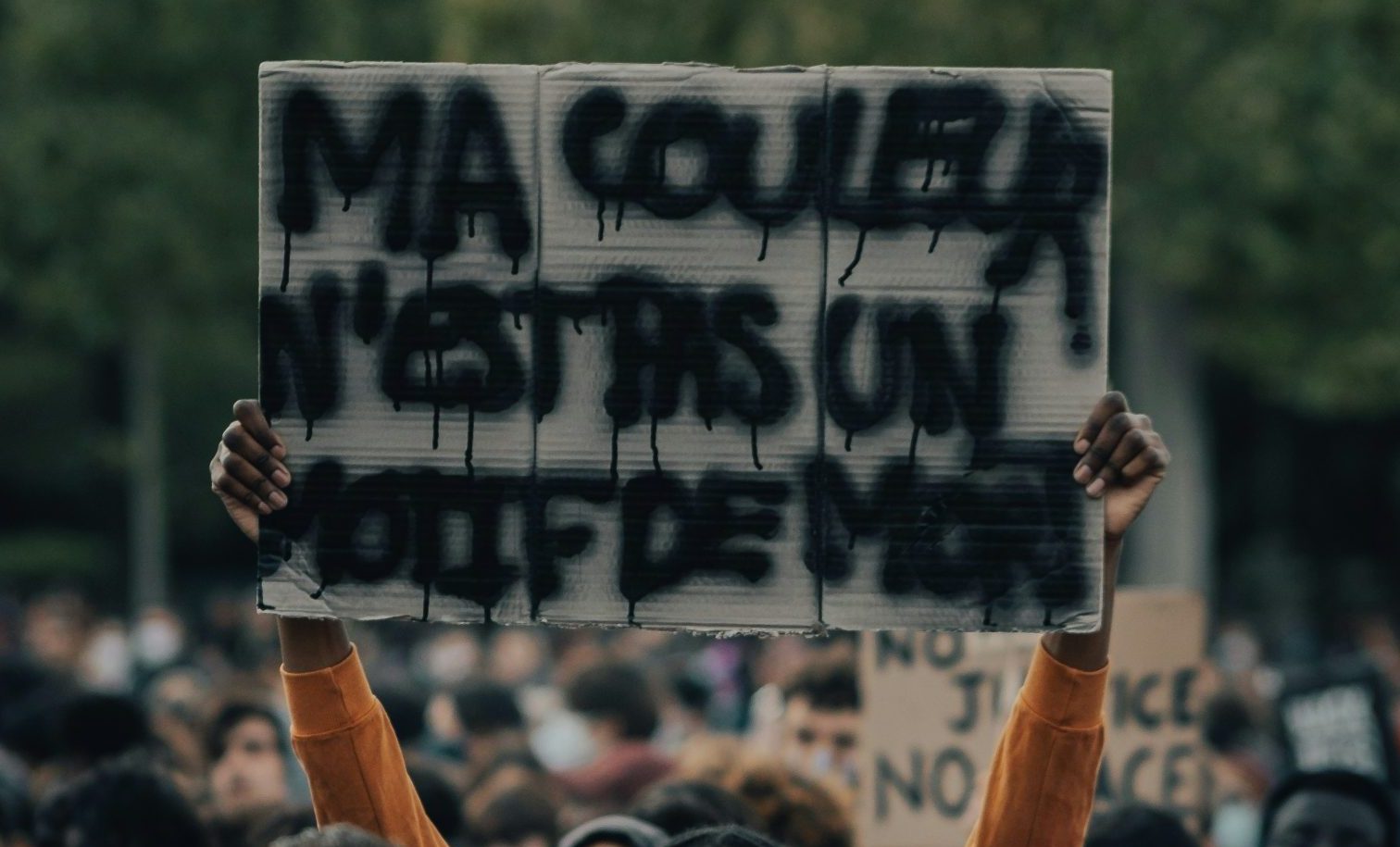On 23 October 2024, the periodic review of France by the United Nations Committee on Civil and Political Rights (Human Rights Committee) took place. ISHR supported the participation of Assa Traoré and Comité Vérité pour Adama.
Assa Traoré is a woman human rights defender and founder of ‘La Vérité pour Adama’. She has been campaigning for years for truth and justice for her brother, Adama Traoré – a Black French man killed in police custody in 2016. She has faced judicial harassment for advocating for a transparent investigation to establish the responsibility of the gendarmes for the death of her brother and for them to be brought to justice.
ISHR and Comité Adama aimed to draw the Committee’s attention to the issue of police violence, focusing on the case of Adama Traoré and the outcome of the investigation and the proceedings related to it.
Demanding accountability
The French judiciary’s dismissal of the case despite the recognised causal link between the actions of the three gendarmes involved and Adama’s death, is a denial of justice. The three officers were ultimately exonerated of any criminal responsibility on the grounds that the force they used on Adama Traoré met the criteria of strict necessity and proportionality imposed by French law.
ISHR and Comité Adama alerted that Adama’s death fits within a broader context of excessive use of force against people of African descent and systemic racist practices in France. The two organisations emphasised how the French State is failing to meet its obligations to ensure the right to non-discrimination and the right to life. They also urged the Committee to raise the case of Adama Traoré during the review of France and to ask the French State to provide information on the measures it has taken to conclude the investigation into his death.
Human Rights Committee concerned about the outcome of Adama Traoré’s case
During the dialogue with France, the Committee raised several concerns about the excessive use of force by law enforcement. Expert Tijana Surlan specifically questioned the impunity in cases where individuals have been injured or even killed. She cited the case of Adama Traoré as a key example. She was concerned about the fact that, ‘after 8 years of procedure, no one had been found guilty’.
Surlan also asked France to provide information on reparation measures for the victims and their families and questioned its identity checks based on race, racial profiling and the use of firearms during law enforcement operations.
Disappointing answers from France
Overall, France gave an unsatisfactory response to the questions raised by the Committee. Expert Santos Pais said that he was somewhat ‘disappointed’. French representatives provided incomplete answers, simply mentioning their legal framework, the existence of strict ethical standards and training against discrimination provided to officers, as well as regulations on the use of force.
France also presented figures on legal proceedings against law enforcement agents, as well as on the outcome and sentences handed down. However, French representatives provided no substantive analysis, nor did they comment on allegations of systemic racist police violence.
The Committee responded by reiterating its concern regarding the application of the principles of proportionality and necessity that govern the use of force.
France’s responses, which failed to address the core of the issue, showed a reluctance to tackle the issue of violence committed by law enforcement, and to acknowledge the legitimate concerns of racial minorities. We recall that in 2022, the Committee on the Elimination of Racial Discrimination noted ‘with concern the case concerning the death of Adama Traoré’, and recommended that France ‘conclude the investigation into the case concerning the death of Adama Traoré, so that those responsible are brought to justice and appropriately punished’.
Impact of intervention by ‘La Vérité pour Adama’ and ISHR
One of our key recommendations was that French authorities should ensure that investigations into deaths or injuries caused by police actions are genuinely independent and impartial. We also urged the Committee to demand that victims of police violence and their families have access to justice and adequate reparations. Other civil society organisations also pushed for these demands in their submissions.
The Committee echoed these recommendations in its final observations. In particular, the Committee called on France to ensure that all allegations of excessive force are promptly, thoroughly, and impartially investigated, and that accountability measures, including criminal prosecution where appropriate, are pursued. Furthermore, the Committee reiterated the importance of ensuring access to justice for the victims of police violence and their families.
This recognition of our recommendations is a crucial step forward in the fight for justice, but it is only a part of the larger struggle to address the systemic issues of police violence in France.
While the Committee’s concerns and recommendations are an important acknowledgment of the problem, it is essential that the French government take concrete steps toward implementing these recommendations.
Download as PDF




